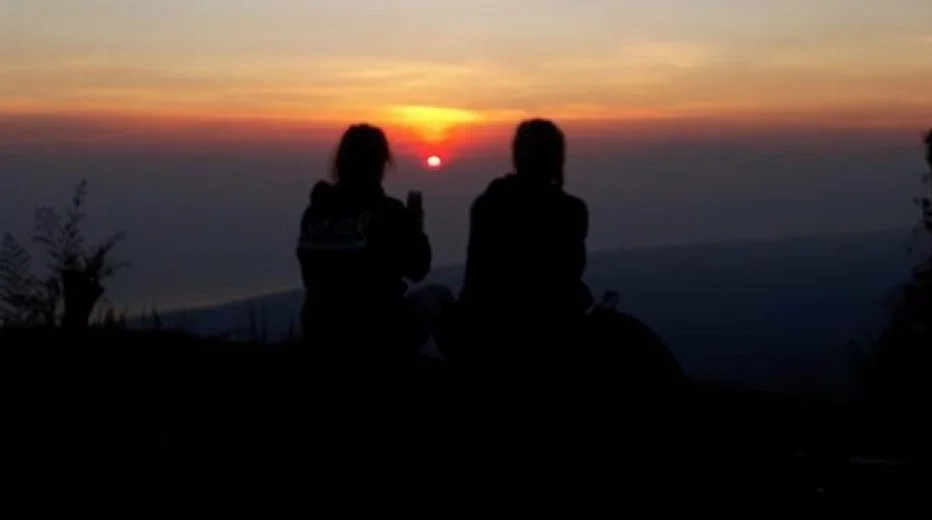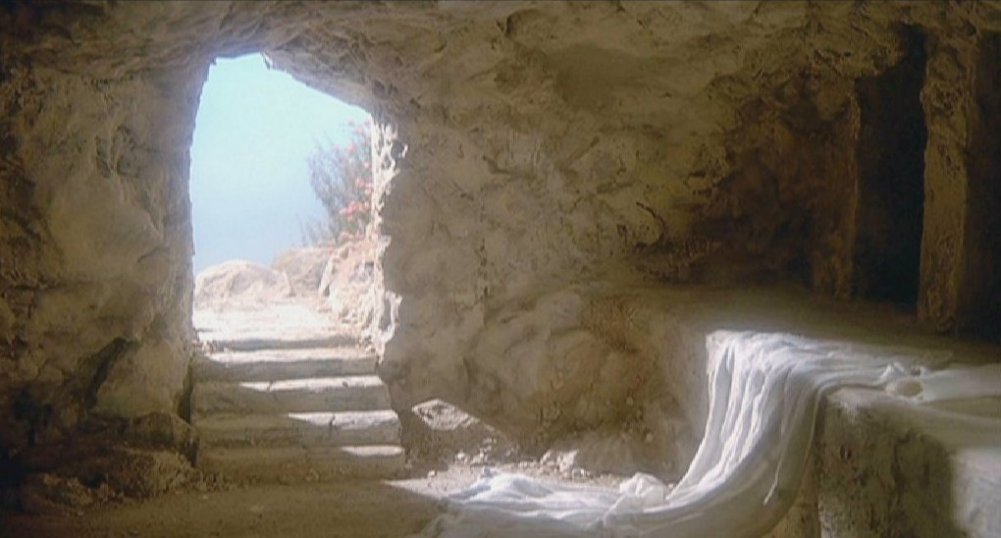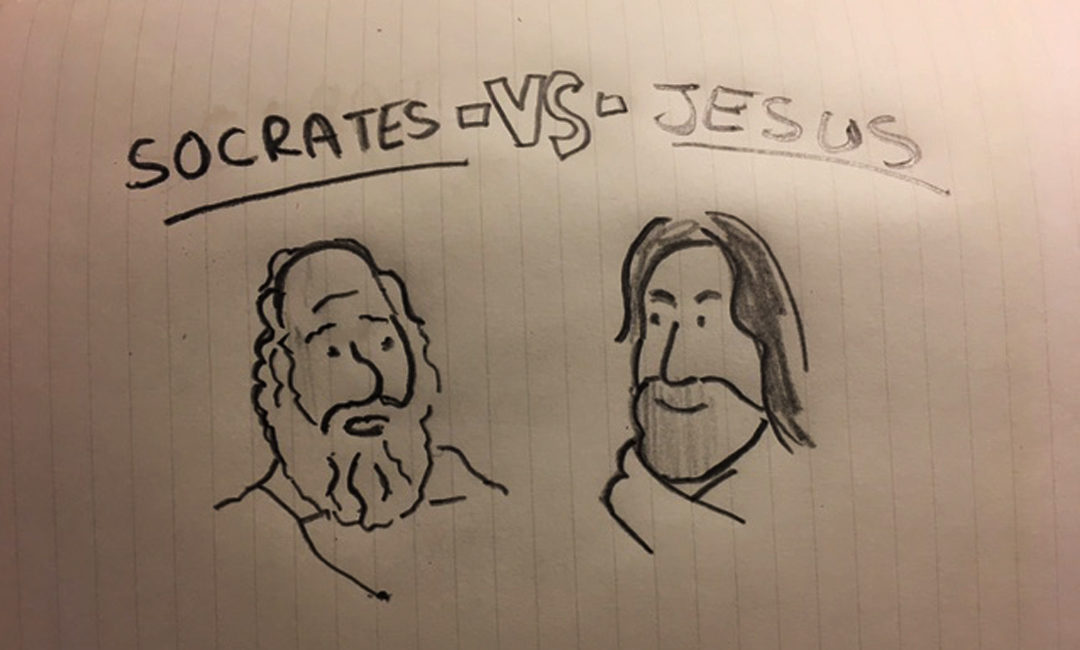I hope I get all the details right. So. One of the best people I've ever known had a very bad heart attack on SuperBowl Sunday. We first heard of it, and that, as a result of it, our friend and former pastor whom for present purposes we'll call Bob, since everyone does anyway, was then "on ice" and in a coma in intensive care in Raleigh, and that we should all pray for him. It sounded like the sort of story that would not normally end well, from a worldly point of view. But Bob had moved from the beach to Raleigh to lead a church there, and the area happens to have what may be the best cardiac care in the state (which is impressive, considering the facilities at UNC, Duke, and Wake Forest, as well as here in Wilmington and elsewhere). Updates trickled in that he seemed stable. Then news came that he was making small bits of progress, but would need a triple bypass surgery if he could ever regain sufficient strength and functioning, which he then quickly did within days rather than the hoped for weeks, and had the surgery successfully, and was then said by the medical staff on site to have had a truly "miraculous" recovery.
I was having breakfast with two friends yesterday and mentioned what looked like the providential care of Bob, if just in the fact of his location when the heart attack happened, and then I heard the story behind the story. You know the old real estate adage: Location, location, location. And the spot of the attack was vastly more significant than I had known, or could even have imagined. Bob was picking up his dry cleaning right before a planned two hour or more trip alone on the highway. And he suddenly had trouble trying to pull away from the drive through window. A guy in the car behind him noticed something strange in the movements of his car, which had now come to a full stop. The stranger put his own car in park, got out, walked up to the driver's side window of Bob's car, and saw our friend slumped over the steering wheel. The door was locked, so the man broke out the car window, determined Bob's condition, went back to his own car, pulled out a portable defibrillator that he happened to have with him (And really, who doesn't, on an average trip to the dry cleaner?), got Bob's seat reclined, shocked him back to a heartbeat, and waited for the EMTs he had already summoned to arrive.
If your heart stops beating, you don't have very many minutes to survive the event. If you're alone on the side of the interstate in your car, a thousand other cars and trucks may pass you by before someone, at some point, thinks to stop, and then of course it will likely be too late, especially when you factor in the initial caution of anyone approaching an occupied car in the middle of nowhere, and then the eventual emergency call and the likely long wait to get professional help. There aren't even that many busy public places that would be ideal for a heart attack, if you were to have one, in terms of available people nearby who would have a clue what to do to help other than dial 9-1-1 and hope that emergency assistance arrives soon enough.
But there's my man Bob, who decided to go to the dry cleaner before hitting the highway, where otherwise his episode most likely would have occurred. And he happens to be in a parking lot RIGHT IN FRONT OF the ONE GUY in the state who happens to have a defib machine in his car, who of course had himself earlier decided to go to the SAME dry cleaner at precisely the time he'd be needed—not three minutes earlier or ten minutes later. He doesn't just honk his horn at the aberrant driver or merely pull around him. He goes to look, and BREAKS A WINDOW and gets down to business. And then of course, later, when they learned the details of what had happened, NO ONE KNEW who the mystery man was or how he disappeared into the traffic of Raleigh after tucking in his superhero cape and giving a pat to his favorite machine. Of course, the cumulative magnitude of intrinsic probabilities that this would all work out as it happened would be absurdly small to the vanishing point. Which makes it look like someone was looking out for Bob. And who knows, maybe you and me, too, despite how things sometimes might seem.
It's almost as if things are going on behind the scenes, between the lines, and hidden from normal view, perhaps all the time, which is a major theme that runs through my Egyptian novels, and is something that continues to impress me and deepen my own worldview. There are odd wrinkles in the affairs of this world that not even the best dry cleaner can press away. They're worth our attention as, perhaps beautifully revealing as to the ultimate fabric of reality.























